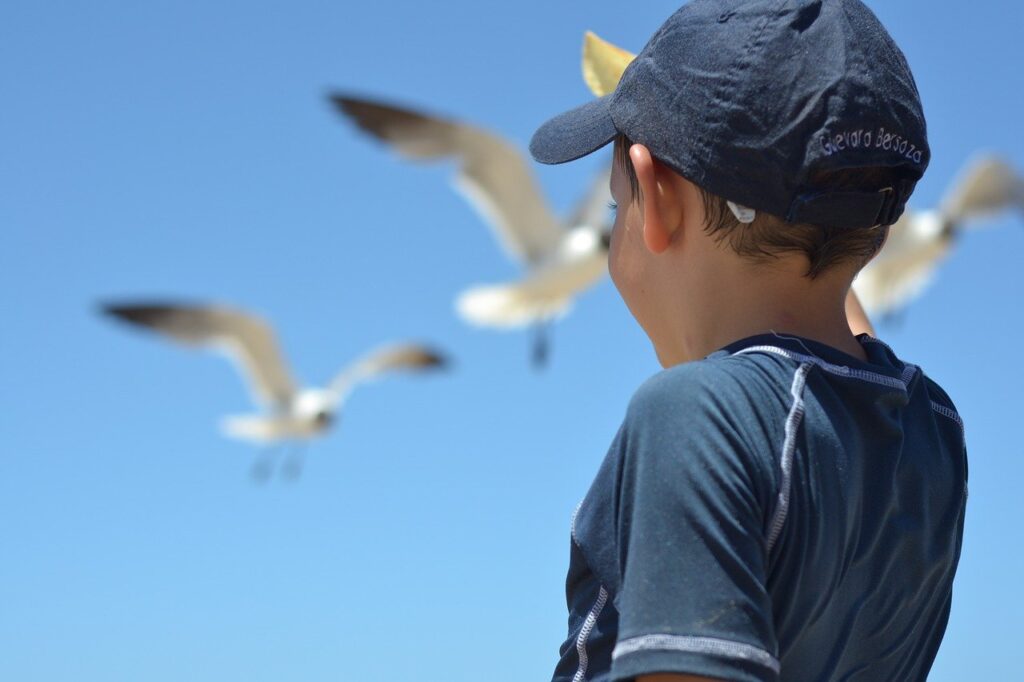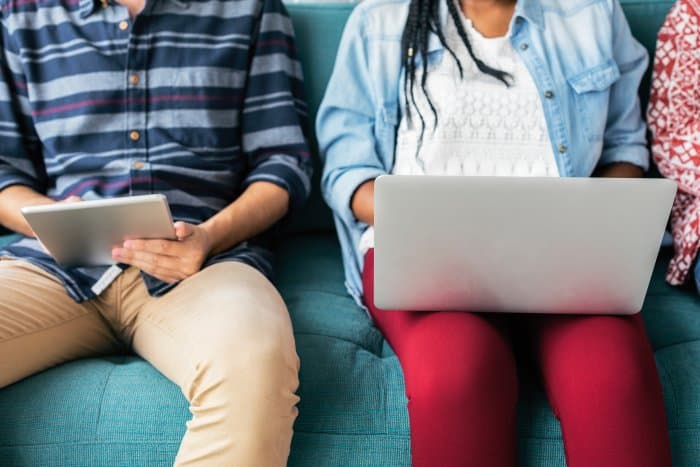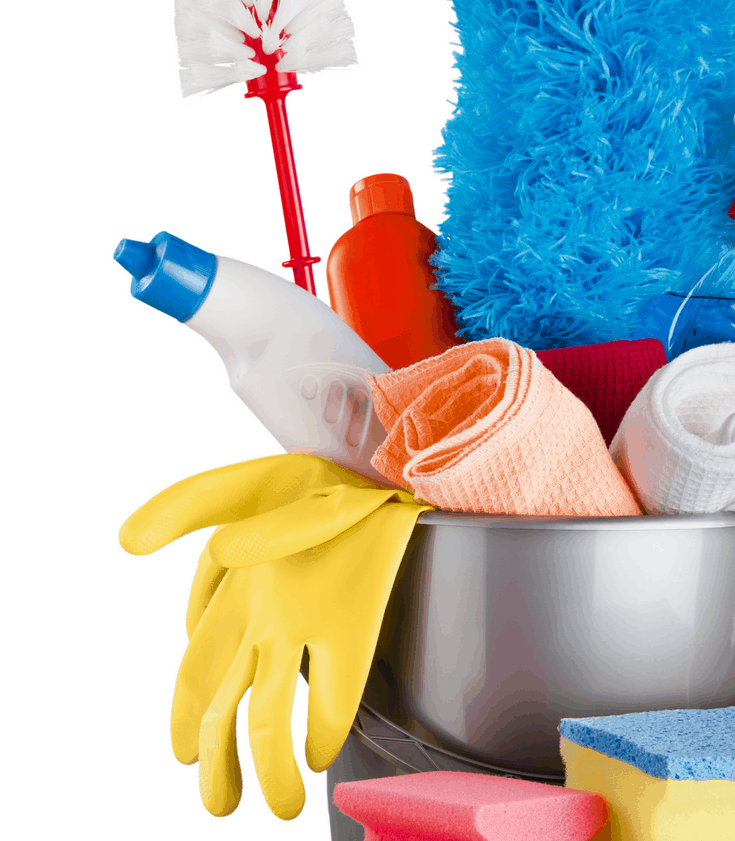Summer is the perfect time to go for a vacation; kids are home from school, and the weather is ideal for outdoor activities. However, during a global pandemic, you might have reservations about traveling, and they are valid. If you want to go on vacation with the kids, it can be worrying. While you may want to have fun and a change of scenery, you’re also tasked with the responsibility of keeping them and yourself safe from the pandemic. Here are a few tips on how to stay safe during summer as you travel with your kids.


Wear PPE
One of the CDC’s guidelines on preventing the COVID-19 spread is wearing a mask when out in public. However, it can be challenging during your travel and summer activities, especially for kids under 12 years, to keep their masks on for long periods. Ensure you constantly remind them to put on their masks and change them when they get dirty. Also, ensure that kids aren’t swapping masks or touching them frequently.
Know the virus rates in your home area and destination
Infections in your area and travel destination this summer are crucial factors to consider. Despite being vaccinated, if you’re traveling to a destination where the vaccine intake is low and cases of infection are high, you’re likely to contract the virus. Similarly, check the COVID-19 infection rates in your area; if they are high, you get break-through infections, even when vaccinated, although they are mild and rare. However, getting infected can bring your travel plans to a halt.
Use personal travel means
If you’re traveling within your location, say city, state, or country, try as much as possible to use personal transportation. This way, you reduce the chances of interacting with individuals traveling via public means. It is essential if you’re unvaccinated; you reduce your family’s exposure, even to surfaces. If your vehicle can’t carry your entire family, hire one that can and have it maintained to enhance safety on the road.
Be cautious about activities
Social connections and activities, especially during this summer, are essential and unavoidable. When you travel, isolating yourself beats the purpose of a vacation. Additionally, loneliness and isolation can pose detrimental health and development impacts on your kids. When planning your travel, include precautions for the activities you engage in.
Weigh the risks of exposing your kids to other people against the benefits of social interactions through activities. Determine the activities best to take part in and those to avoid. Consider one-on-one interactions instead of games, engage in most activities as a family, and ensure many activities are taken outdoors where there’s fresh air and the ability to social distance.
Get vaccinated
COVID-19 rates around the world are slowly declining thanks to the rollout of vaccines. Even as you observe the World Health Organization guidelines, the vaccines will give you the most protection. As you plan for your summer travel, get vaccinated. This way, you can reduce the possibility of transmission and make traveling safer for your trip and everyone around you.
Consider regular testing during your travel
COVID-19 virus is still at large, and many people are not yet vaccinated. If those among you are not vaccinated, or even yourself, knowing your status is essential. Get tested before you embark on your trip and consider packing extra self-test kits for you and your family. If you’re planning for international travel, most countries require a COVID-19 negative test result to allow you to travel. Make prior arrangements to have everyone tested on time.
Avoid crowds
Not every fun activity during your vacation should involve crowds; a small community of family and close friends will do. Groups, especially when in enclosed areas, increase chances of getting into contact with the virus due to touching exposed surfaces and poor airflow. Similarly, with activities, such as swimming, try and have them in less crowded areas like a backyard pool in a rented vacation home. If you need to shop for items, do it more online rather than going to stores. Also, carry things you need during your trip to reduce eating out or buying essentials.
Be Vigilant About Accommodations
If you and your family have been vaccinated, traveling is more manageable, and you are more flexible with accommodations. However, it would be best if you still were cautious about them observing the COVID-19 guidelines.
With kids, it’s safer renting a vacation home if you’re traveling to a far destination. You reduce the chances of contracting the virus when living in a cabin or rental with only people from your household. However, ensure it is in a good state and contact a slip and fall lawyer in case of any accidents. Try as much as possible to avoid living in lodgings with multi-units for guests or hotels and sharing facilities with many people.
Keep Your Plans Flexible
Finally, the environment is becoming friendlier, and parents are more at ease with letting kids venture out into activities. However, the virus is still at large. When traveling, anything can happen regarding the virus, hence the need to keep your plans flexible. You may face travel restrictions in your planned destination or a lockdown. Carry vital documents, extra clothing, and devices you may need for work or school.
Observe Super Safe and Proper Hygiene
Poor hygiene is the number one reason why the COVID-19 rates went up fast. Some things, such as regularly washing your hands, sanitizing, and covering your mouth when sneezing or coughing, can save you and the people around you from contracting the virus. Washing hands not only applies after using the bathroom or before eating, but any time you touch exposed surfaces. Teach your kids the importance of observing hygiene and practice until it becomes a habit to keep everyone safe during your summer travel.
Traveling during the pandemic is becoming safer, especially with the vaccine rollout. However, this doesn’t get you out of the woods; you need to take extra precautions when traveling with your kids. Carry essentials, get tested, be vigilant about travel modes, activities, and accommodation, and follow the COVID-19 protocols.




Leave a Reply